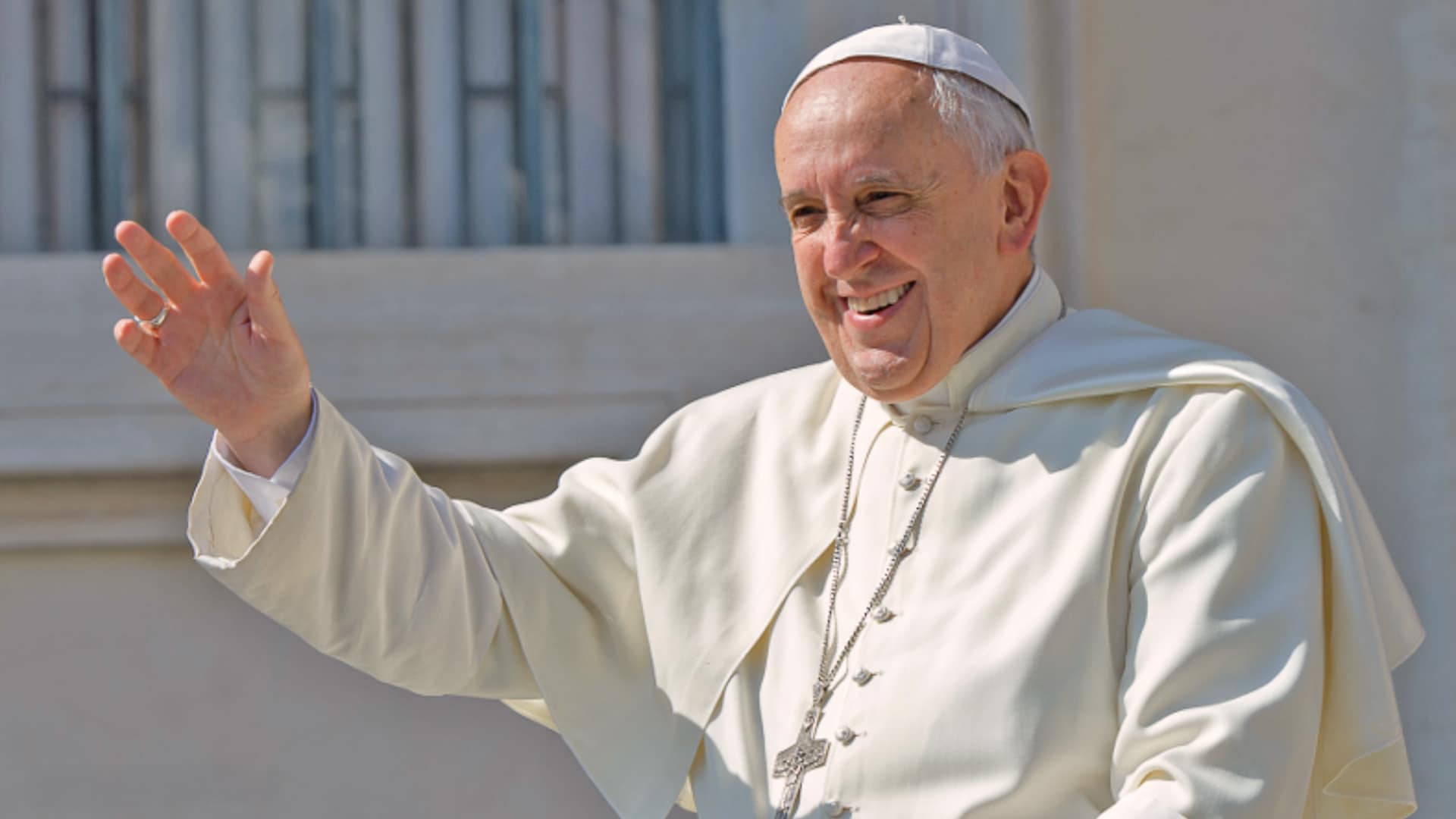
Pope Francis, the first pope from the Americas and a defining spiritual figure of the 21st century, passed away on Easter Monday, April 21, at the age of 88. The Vatican confirmed his death at 7:35 a.m. at his residence in Casa Santa Marta, following a series of health struggles that had worsened in recent months.
Just a day before his passing, Pope Francis had delivered his final Easter address and met with U.S. Vice President J.D. Vance, demonstrating his resilience even in the face of significant health challenges. His passing came shortly after a prolonged hospital stay, where he was treated for bronchitis that developed into double pneumonia, leaving him visibly weakened but still present in spirit. Even through these struggles, he engaged with the public in his unique, humble manner, continuing to fulfill his pastoral duties as best as he could.
“His entire life was dedicated to the service of the Lord and His Church,” Cardinal Kevin Farrell said in a statement. “He taught us to live the values of the Gospel with fidelity, courage, and universal love, especially in favor of the poorest and most marginalized.”
Born Jorge Mario Bergoglio in Buenos Aires, Argentina, Pope Francis made history in March 2013 when he was elected as the 266th Pope, following the unexpected resignation of Pope Benedict XVI. As the first Jesuit pope, the first Latin American pope, and the first non-European pontiff in over 1,200 years, his election marked a transformative moment for the Catholic Church. Throughout his papacy, Pope Francis emphasized humility, compassion, and social justice, drawing attention to the plight of refugees, the environment, and the need for economic inclusion.
One of his most notable decisions was to live in the modest Vatican guesthouse rather than the grand papal apartments, reinforcing his message that the Church should be humble and serve the poor. “My people are poor and I am one of them,” he often said, embodying this message through his actions and leadership.
Pope Francis’ papacy was characterized by his unwavering commitment to mercy, peace, and compassion. He led the Church into a new era, balancing traditional values with a progressive vision, striving to address modern societal issues. His legacy includes promoting interfaith dialogue, addressing climate change, and calling for a fairer, more just world for the poor and marginalized.
His death marks the end of an era, but his influence and the values he championed will continue to guide the Church and the world for generations to come.